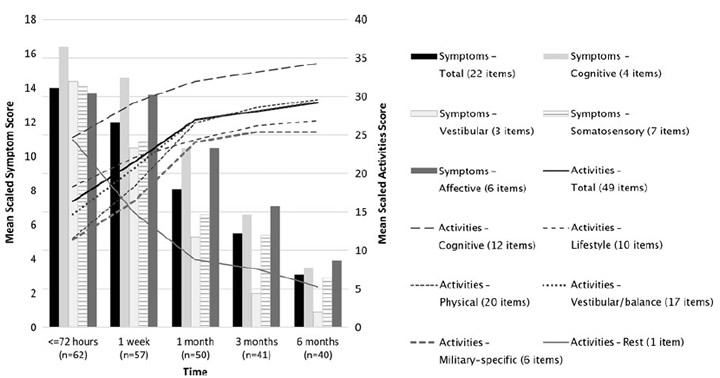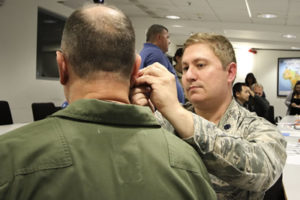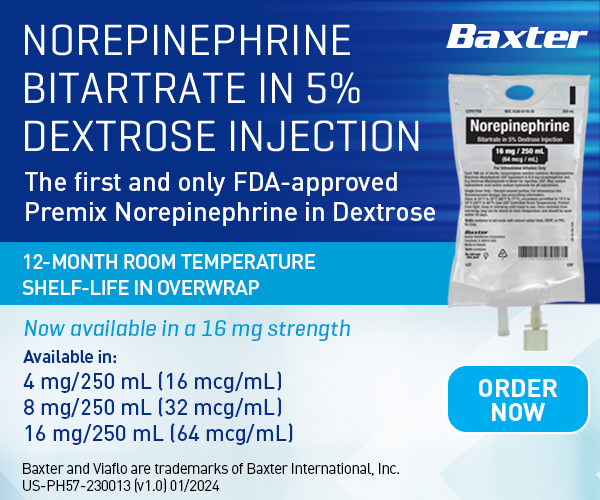Acute Period Expanded from 48 to 72 Hours After Injury
SILVER SPRING, MD—Successful and speedy recovery from mild traumatic brain injury or concussion is more complex than previously thought. A pair of studies by the Defense and Veterans Brain Injury Center determined that the right kind of rest for the right length of time followed by the right kind of activity in the post-acute period all significantly affected optimal recovery in military personnel.

JOURNAL OF HEAD TRAUMA REHABILITATION
Mean scaled activity and symptom score over time, total and by category. The research was published recently in the Journal of Head Trauma Rehabilitation and Frontiers in Neurology.1,2
More than 380,000 military servicemembers have been diagnosed with a concussion since 2001, making understanding the best way to support recovery an important aspect of military readiness. Many individuals recover quite quickly from mild traumatic brain injury, but about half of people who sustain concussions continue to experience significant symptoms one month later, while approximately 15% still suffer from symptoms a year after injury.3
Healthcare providers can help servicemembers recover by educating themselves and their patients on the activities and amount of rest appropriate for each post-concussive stage, an area of research that is rapidly evolving, experts suggested.
The Defense and Veterans Brain Injury Center’s Progressive Return to Activity Clinical Recommendation considers the acute period to be the first 48 hours after injury, but the researchers in the two recent studies expanded that time frame to 72 hours.

Sharpening Skills for Traumatic Brain Injury Care
This fall, Air Force Lt. Col. James Cox, chief of medical staff and a flight and family medicine physician, NATO Air Base Geilenkirchen, practices acupuncture as a form of pain management during Landstuhl Regional Medical Center’s Traumatic Brain Injury and Rehabilitation Clinic’s TBI Champion Training Conference. The conference was held in September at Ramstein Air Base in Germany. Photo by Marcy Sanchez
“During this acute period, physical and cognitive rest are recommended with activity gradually increased only as symptoms allow,” said co-author Emma Gregory, PhD, section chief of the Research Support Cell for DVBIC in Silver Spring, MD.
Generally, patients should limit their physical and mental activity during this period, sleeping six to eight hours with naps as needed and undertaking minimal body movement activities, particularly those head or body positions or movements that cause symptoms. Watching television with rest breaks each hour would be recommended, but playing video games is not.
The researchers found that the impact of activity levels during this period varied significantly among servicemembers. Higher levels of activity negatively significantly affected those with high levels of acute symptoms but had little impact on those with lower acute symptom burden. Greater physical and vestibular/balance activities at 72 hours post-concussion, in particular, were associated with higher symptom levels one, three and six months later.
“Additionally, for those patients with high levels of symptoms, participation during the acute period in greater levels of military-specific activities such as running on uneven terrain with a full load, doing target practice, or doing usual military training, was also found to extend recovery,” Gregory told U.S. Medicine.
“This finding points to a target population who may need more vigilant monitoring of their level and type of activity at acute stages of concussion to aid in symptom recovery,” according to the authors.
Continue Reading this Article: Appropriate Activities

